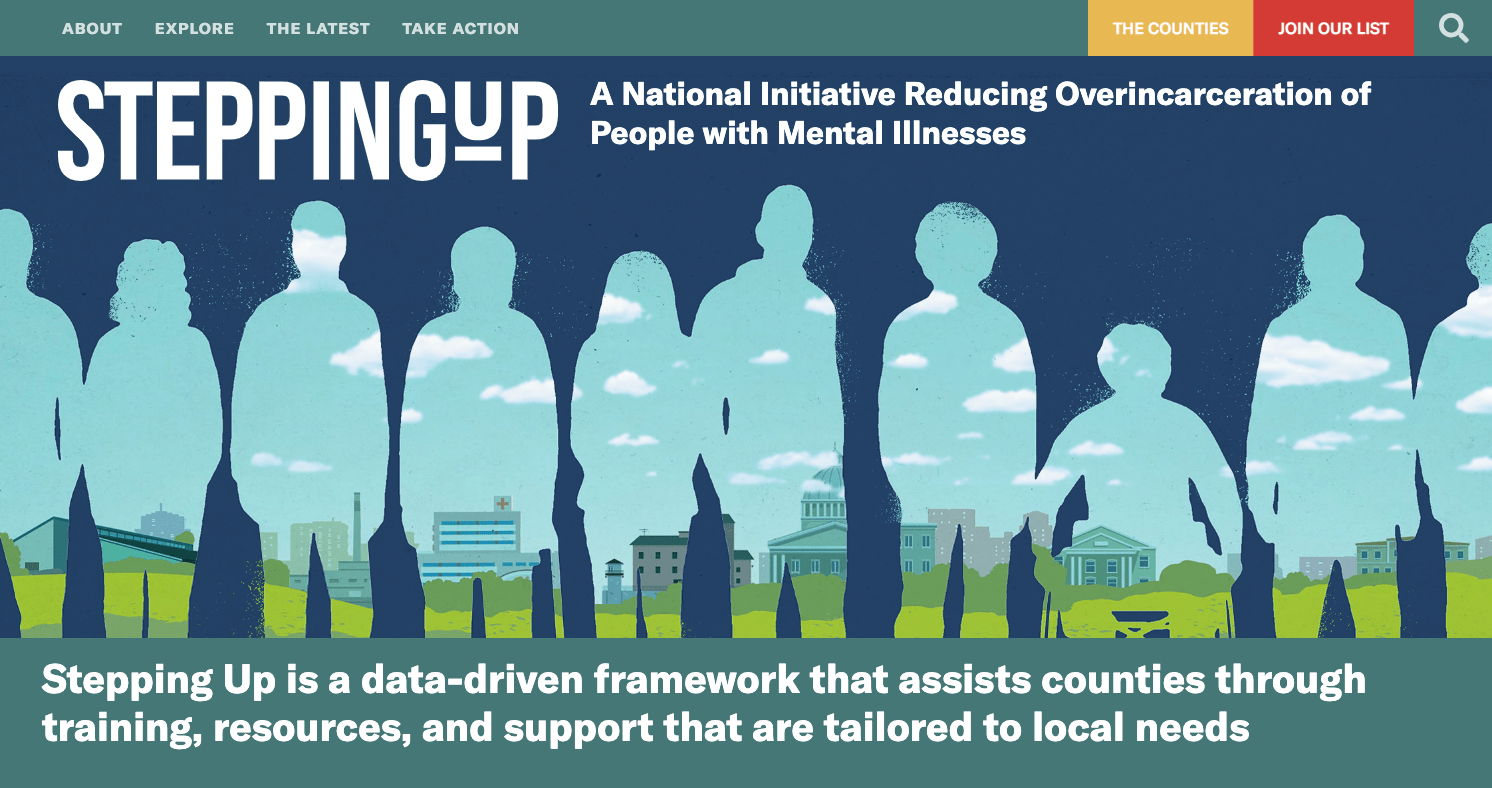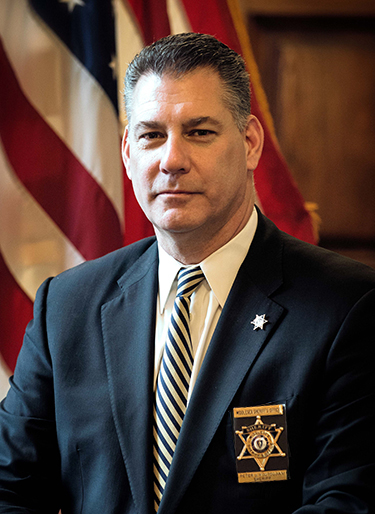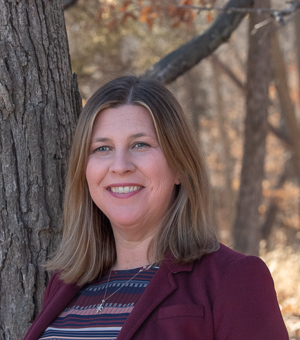Correctional Facilities
People with behavioral health conditions (e.g., mental health conditions, substance use disorders) are disproportionately incarcerated in correctional facilities across the U.S. While incarcerated, they often face worse outcomes than their peers, including experiencing longer lengths of stay, higher rates of solitary confinement, and a lack of access to needed mental health care.
For more than 15 years, JMHCP has supported efforts to improve these outcomes by funding diversion programs; promoting universal screening and assessment at intake; facilitating collaborative, comprehensive case plans to integrate critical behavioral health and criminogenic risk and needs information into reentry plans; and more.
Stepping Up Initiative

Collaboration Spotlight

I’ve been working with a broad set of stakeholders across Massachusetts to bolster approaches that focus on connecting people to treatment. This means providing excellent treatment within our jail and working with our partners to identify diversion opportunities. By using data to identify those who can benefit most from diversion and co-locating behavioral health services in the jail, we can get people the help they need, improve public safety, and make our communities safer and stronger.
Sheriff Peter Koutoujian, Middlesex County, Massachusetts Sheriff’s Office
Selected Resources

Reducing the Number of People with Mental Illnesses in Jail
Mental Health, Co-Occurring Substance Use

Trauma-Informed Approaches Across the Sequential Intercept Model
Co-Occurring Substance Use, Community Supervision, Correctional Facilities, Crisis Systems, Law Enforcement, Mental Health

Telehealth and Telecommunication Opportunities in the Criminal Justice System
Substance Use
Key Staff

Megan Davidson
Program Director, Behavioral Health
Dr. Megan Davidson is the program director of the Stepping Up initiative, the national effort to reduce the number of people with mental illnesses in the justice system. Megan has over 10 years of experience leading complex stakeholder engagement, research and evaluation, and technical assistance projects at the intersection of behavioral health and criminal justice. She has supported many jurisdictions with the implementation and evaluation of systemic efforts intended to improve outcomes for individuals touched by the behavioral health and criminal justice systems. Megan earned her PhD in public affairs with a concentration in criminal justice from the University of Central Florida.

Paul Houston
Policy Analyst, Behavioral Health
Paul Houston provides technical assistance to sites participating in the Stepping Up initiative. His primary areas of focus include brain injury and crisis response. Before joining the CSG Justice Center, Paul was a research analyst at the National Center for State Courts, where he partnered with state and local courts to advance racial equity and access to justice in their jurisdictions. Paul also drafted and published several briefs providing guidance to justice practitioners on these topics. He holds a BA in criminal justice from Roanoke College and an MA in criminology, law, and society from George Mason University.

Mark Stovell
Deputy Program Director, Behavioral Health
Mark oversees the delivery of broad-based technical assistance products and tools to assist counties in their Stepping Up efforts. Mark has also provided technical assistance to Second Chance Act and Justice and Mental Health Collaboration Program grantees that serve people with co-occurring substance use disorders and mental illness, and he has coordinated additional projects designed to advance practices at the intersection of the criminal justice and behavioral health. Before joining the CSG Justice Center, Mark worked for the Partnership to End Addiction in New York City where he developed educational tools for state decisionmakers on improving addiction prevention and treatment through health policy. He also worked for Families USA in Washington, DC and for Hunger Free Vermont as part of the Bill Emerson National Hunger Fellowship. Mark earned his BA in political science and sociology from Ohio University and his MPA at Baruch College.